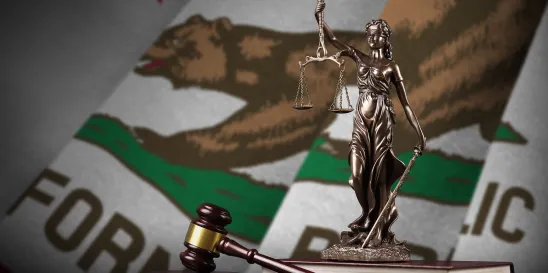On March 4, 2024, the California Supreme Court ruled in Niedermeier v. FCA that consumers forced to trade in or sell their defective vehicles due to a manufacturer’s failure to comply with the Song-Beverly Consumer Warranty Act, California Civil Code section 1793 et seq., (the “Act”) should not have their restitution reduced by the money they received from the trade-in or sale.
This case is significant as it resolved a split in California’s appellate courts. Previously, the California Court of Appeal in Niedermeier, found that the plaintiff’s restitution should be reduced by the value she received for trading in her vehicle. Niedermeier v. FCA US LLC. The Court of Appeal reasoned that Section 1793.2(d)(2)(B) of the Act, using the word “restitution,” reflects the Legislature’s intent to return the buyer to the financial position they would have been in had they not purchased the vehicle. Id. at 1071. Otherwise, plaintiffs might receive a windfall. Id. The Court of Appeal also expressed concern that allowing full restitution, even where a trade-in occurred, could incentivize buyers to reintroduce defective vehicles into the market, bypassing the Lemon labeling and notification provisions of the Act. Id. at 1071-1072.
By contrast, the Second Appellate District disagreed with the Court of Appeal, finding that decreasing a consumer’s restitution would result in an unwarranted reduction in the manufacturer’s liability. Figueroa v. FCA US, LLC. The Third Appellate District concurred separately, Williams v. FCA US LLC.
After weighing the arguments, the California Supreme Court found that the plain language of the Act in Section 1793.2 contains a detailed formula for restitution, including clearly enumerated exceptions, none of which includes an offset for trade-in or sale values. Moreover, the Act defines restitution plainly as “the actual price paid or payable.” The Court found nothing in other parts of the Act or in the legislative history to support a contrary conclusion. The Court also found that public policy favored no reduction in restitution. It noted that allowing a reduction might incentivize manufacturers to delay resolution, hoping consumers would “become fed up with delays and give up or sell or trade in” their vehicles.
While it’s too early to tell what the impact of this case will be, there are certainly a swathe of potential consequences. For consumers, this decision marks a step towards stronger consumer protection laws and may provide them with greater leverage when facing a lemon. The decision might also incentivize consumers who were concerned that a trade-in or sale of their vehicle would foreclose them from recovery under Lemon laws to pursue their claim.
For sellers, they may be incentivized to invest in strict quality control to lessen the impact of this new decision. Companies also may want to prioritize efficient customer service and protocols for repairing vehicles quickly or negotiating refunds. Lastly, it will also be interesting to see what impact, if any, this decision may have on the secondary market for vehicles and goods. It’s possible that more defective products may end up in the secondary market, as the Court of Appeals worried. If so, secondary buyers might pressure resale marketplaces to enact stricter disclosure requirements.
One thing is for sure, California’s lemon law just got a little sweeter for consumers.
This article was authored by Evelyn Blanco.


 />i
/>i
